Critical Indigeneities publishes pathbreaking scholarly books that center Indigeneity as a category of critical analysis, understand Indigenous sovereignty as ongoing and historically grounded, and attend to diverse forms of Indigenous cultural and political agency and expression. The series builds on the conceptual rigor, methodological innovation, and deep relevance that characterize the best work in the field of critical Indigenous studies.
We seek to publish work at the intersection of a broad range of disciplines and fields, including Cultural Studies, American Studies, History, Literature, Anthropology, Geography, Sociology, Environmental Studies, Political Science, Legal Studies, Performance Studies, Critical Race Studies, and Gender, Women’s, and Sexuality Studies. The series especially seeks books that are comparative or situated within a framework of global Indigeneity, that employ decolonizing methodologies, and that draw on Indigenous-centered theoretical and conceptual frames. Such work may engage with critical perspectives on sovereignty struggles, Indigenous intellectual sovereignty, public history and memory studies, decolonial histories, feminist and queer interventions, visual culture and representation, globalization, Indigenous modernities, and cultural production and criticism.
Series Editors
J. Kēhaulani Kauanui (Kanaka Maoli), Wesleyan University
Jean M. O’Brien (White Earth Ojibwe), University of Minnesota
Editorial Board
Chris Andersen, University of Alberta
Irene Watson, University of South Australia
Emil′ Keme, Emory University
Kim TallBear, University of Alberta
UNC Press Sponsoring Editor
Mark Simpson-Vos, Wyndham Robertson Editorial Director
mark.simpson-vos@uncpress.org
Please submit proposals to Mark Simpson-Vos. Proposals should address the following:
- How does this project center Indigeneity as a category of critical analysis?
- How does the project feature Indigenous sovereignty as ongoing and historically grounded?
- How does the project attend to diverse forms of Indigenous cultural and political agency, and expression?
- How does the project showcase conceptual rigor and methodological innovation?
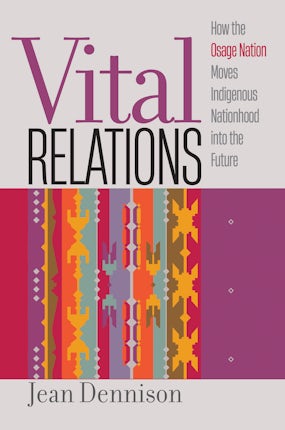
Vital Relations
How the Osage Nation Moves Indigenous Nationhood into the Future
Critical Indigeneities
Published: April 2024
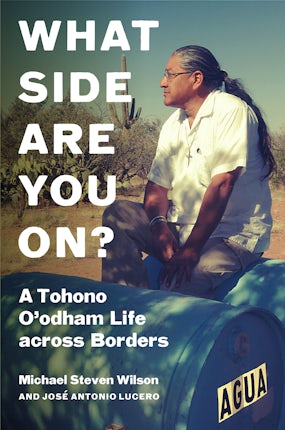
What Side Are You On?
A Tohono O'odham Life across Borders
By Michael Steven Wilson , José Antonio Lucero
Critical Indigeneities
Published: June 2024
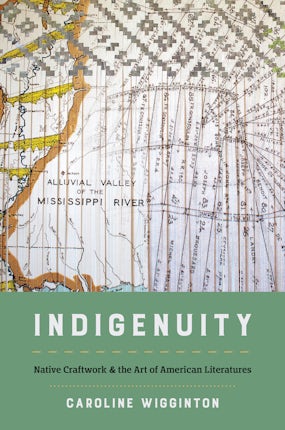
Indigenuity
Native Craftwork and the Art of American Literatures
Critical Indigeneities
Published: November 2022
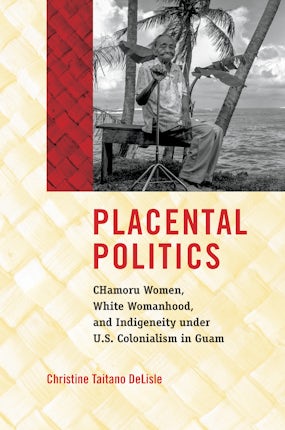
Placental Politics
CHamoru Women, White Womanhood, and Indigeneity under U.S. Colonialism in Guam
Critical Indigeneities
Published: February 2022

Settler Memory
The Disavowal of Indigeneity and the Politics of Race in the United States
Critical Indigeneities
Published: November 2021
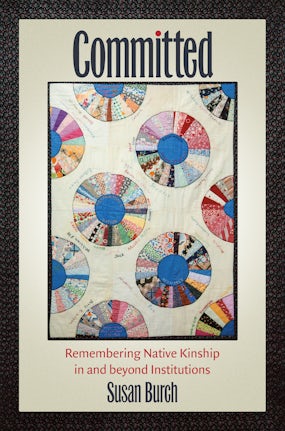
Committed
Remembering Native Kinship in and beyond Institutions
By Susan Burch
Critical Indigeneities
Published: April 2021
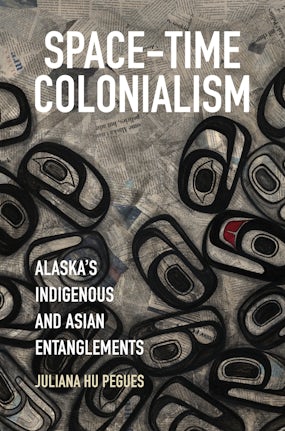
Space-Time Colonialism
Alaska's Indigenous and Asian Entanglements
Critical Indigeneities
Published: June 2021
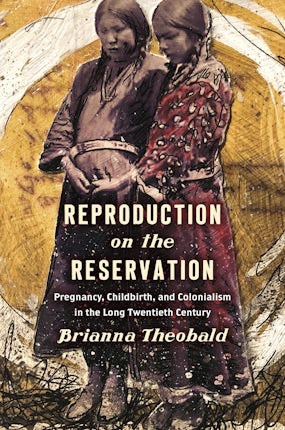
Reproduction on the Reservation
Pregnancy, Childbirth, and Colonialism in the Long Twentieth Century
Critical Indigeneities
Published: October 2019
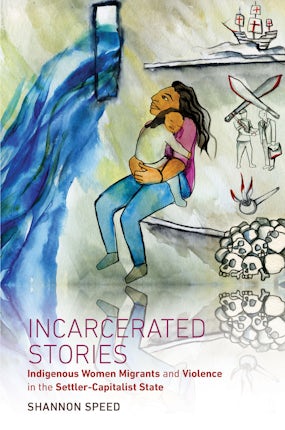
Incarcerated Stories
Indigenous Women Migrants and Violence in the Settler-Capitalist State
Critical Indigeneities
Published: October 2019
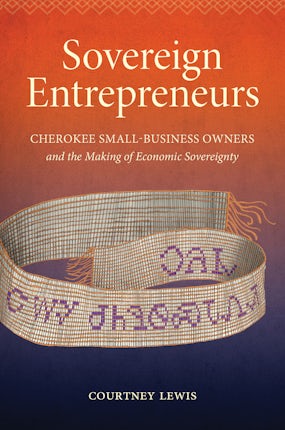
Sovereign Entrepreneurs
Cherokee Small-Business Owners and the Making of Economic Sovereignty
Critical Indigeneities
Published: May 2019
